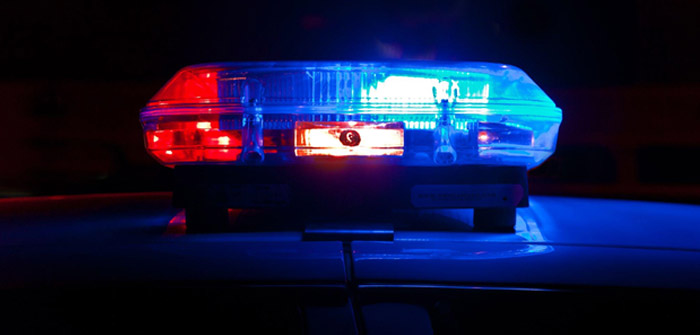Although we can’t avoid natural disasters, we can prepare for them. Being prepared is the safest thing we can do, and we can also lessen the risk of large-scale casualties. It helps you protect your family as well as your property. It is also crucial to remain calm and focus when the disaster hits your home.
Making a plan for any type of disaster makes a big difference for you and your entire family. To get you started, here are the most crucial preparedness tips to keep you safe from disasters. Whether it’s an earthquake, storm, tornado, or flood, these tips will help you get through the incident.
Being Prepared
Make sure to pay attention to any evacuation siren that may sound during a city-wide calamity. This lets you know precisely the supplies, survival kits, or tools you have to prepare. Keep in mind that each catastrophe may require a specific preparedness plan.
Determining the proper information about the upcoming disaster may reduce the losses. Natural and man-made calamities extend enormous damages and casualties. Seminars and training about disasters are a great help for people, especially in areas prone to calamities. Encouraging people to learn more about disasters may sustain risk preparedness, mitigation, response, and resilience efforts.
Be Updated
Keep yourself updated at all times. Listen to your local authorities for instructions. Bring your portable radio for news and updates. There are several portable radios available nowadays that have many power sources. Get one and keep it in your survival kit as a must-have item. Although cellular phones nowadays have radio apps, phone batteries did not last long.
Being regularly informed helps you to be prepared at all times. Radio telecast is efficient and convenient, especially when fleeing to safe places from time to time. The potential risk may occur if you are being misinformed about the current situation. Your community may be destroyed in an instant. Therefore being informed equates to being prepared.
Comprehensive Monitoring
If you are currently located in a region prone to disasters, you should be aware of the warnings and potential disasters to worsen. You will be able to evacuate to safer areas in this manner. In addition, monitoring during and after the disaster may help prevent further damages and casualties.
A keen awareness of the phenomenon is a fundamental characteristic. In this manner, you are always prepared for any upcoming wave of calamity. As a result, you can protect yourself as well as the people around you. Nevertheless, there are authorities tasked to monitor places being affected by the disaster and gather the victims to safe areas.
Prepare Survival Kits
Unexpected events may occur in the area where you live. As a result, it is preferable to have prepared supplies that can assist you in surviving an emergency. Ensure that you have everything you need, such as a flashlight, whistle/air horn, water, a first-aid kit, a radio with additional batteries, and other tool packages.
Preparing kits before the disaster is an excellent way of surviving during calamities. An unexpected turn of events is not visible to the naked eye. You should keep in mind that emergencies never announce themselves to visit our lives. Your bag full of essentials goods and kits may save you for days in case things might get worse during the calamity. It’s better to be always prepared at all times.
Turn-off Electrical Switches
You must know how and where to cut off primary electrical switches in the event of a calamity. For example, if you must evacuate your neighborhood, ensure the electricity is switched off inside your home before escaping to a secure location away from the disaster. This type of preparation should be made by all members of the household, especially adults.
However, when a disaster strikes, the area’s primary electricity is frequently shut down or damaged. Damages with wiring can be dangerous in some scenarios such as a flood or a typhoon. These wires can lead to electric shock and can cause shortages that turn into uncontrollable fires. If you can, safely switch off any electricity before evacuating your homes.
Takeaway
We can’t prevent calamities from happening. What we could do is to educate ourselves that preparedness is the key to everything. Proper mitigation is the only way for us humans to fight back the tremendous effect of disasters. Disaster management plays a vital role in ensuring proper coordination in disaster response and efficient solutions for the aftermath.
Annually, thousands of people all over the world lose their lives because of natural disasters. Government agencies continually enhance programs about possible calamities to reduce the fatality rate and damage of properties. Nature is a friend but also a dangerous foe. The only thing we can do is to always be equipped, informed, and alert at all times.




